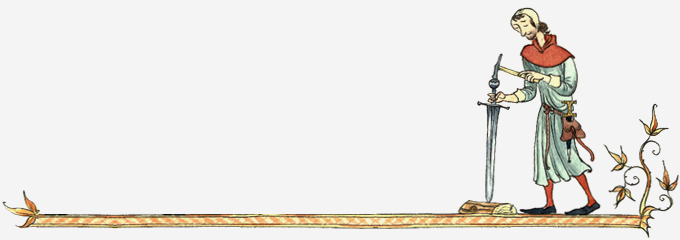“Now the order of my proceedings requires, that I should speak somewhat also concerning Iron, for this is a metal which the Wizards of India did highly esteem, as having in it much goodness, and being of such a temperature, that it may easily be transformed into a more worthy and excellent metal then itself is.”
Della Porta, Natural Magick 1658
Notions of form, function and beauty guides the work with hammer and file. Gradually the raw and undefined material is turned into an object that is purposeful and beautiful. Transformations can be obvious, like shaping through forging, grinding and filing, but also invisible, like the change of internal structure in the steel during heat treat. It is no mystery that there were sometimes explanations of magical nature to the skillful work of the ancient smiths. Then again, this was at a time when magic could be a respected branch of science.
Apart from forging to shape, heat treating and grinding are essential steps in the making of a blade. After the hot work is done, the time consuming tasks of polishing, carving wood for grip and scabbard core, leather work and fabricating fittings for belt and scabbard ensues.

“The task of the smith who works in iron is very laborious, indeed far more so than that of the copper smith just described. For he also handles heavy weights continually, and stands constantly erect before the fire of the forge, since the hardness of the iron cannot be softened except by means of heating and boiling it well. In this place he continually moves his body, now thrusting the iron into the heart of the fire with large thick tongs, now removing it to look at it and to put sand, tuff, or other earth over it, now putting on fresh charcoal, now moistening it and slowing down the fire, and now cleaning it. Finally, while the iron is hot he strikes it with powerful mallets and heavy hammers, as you see, and brings it to whatever end he wishes to make of the work. As you can understand, the unhappy workmen are never able to enjoy any quiet except in the evening when they are exhausted by the laborious and long day that began for them with the first crowing of the cock. Sometimes they even fall asleep without bothering about supper.”
Vanoccio Biringuccio, Pirotechnia 1540

